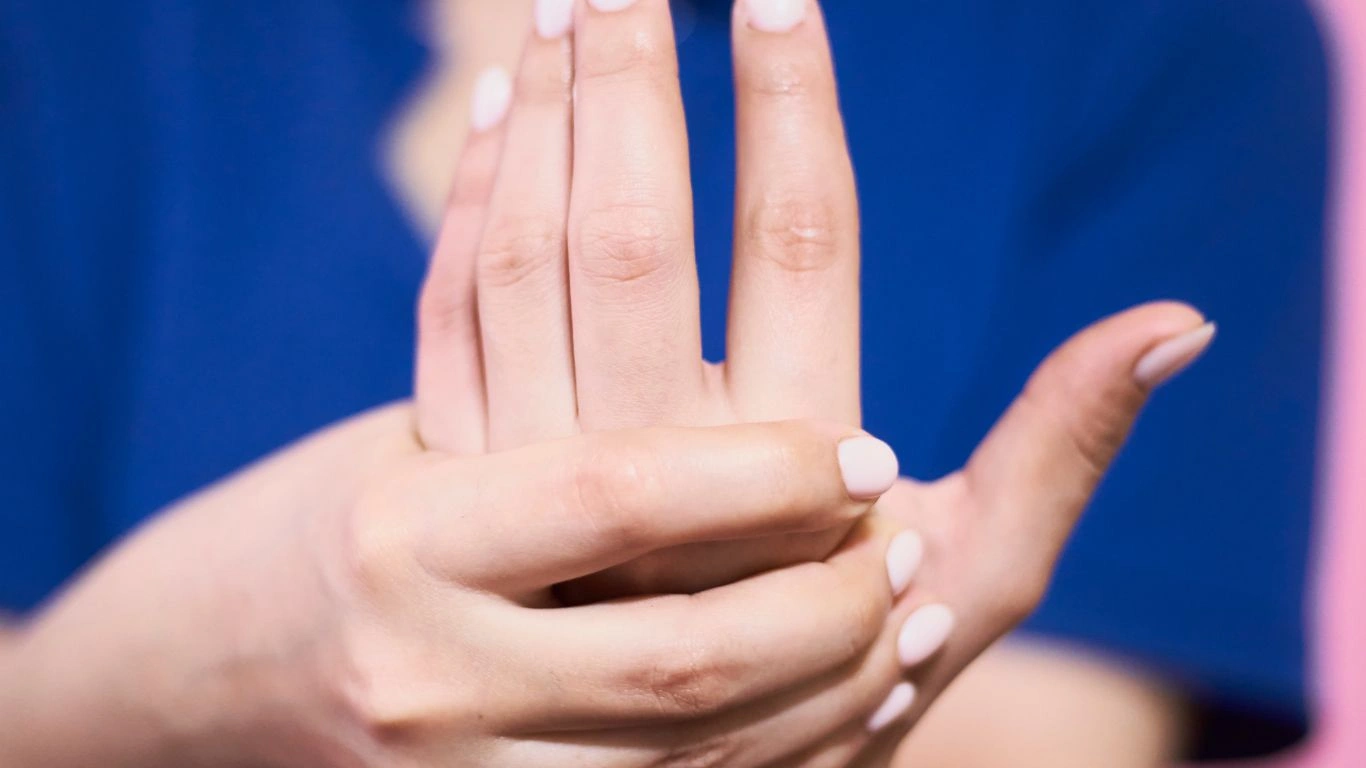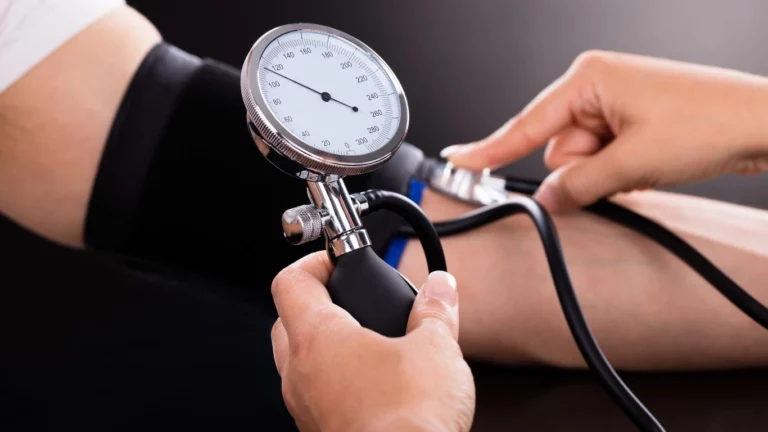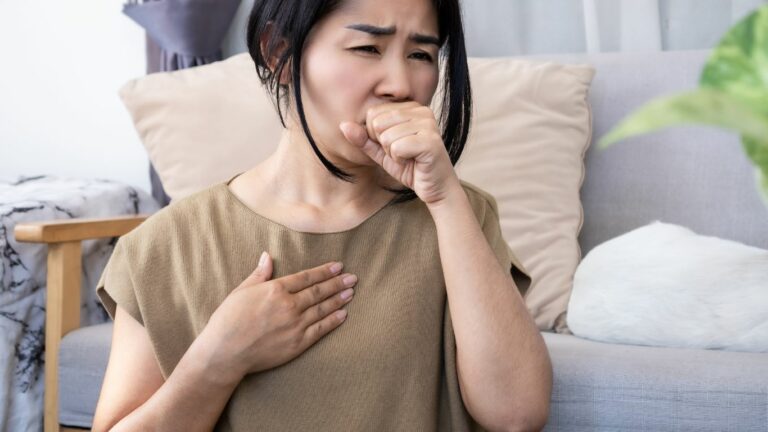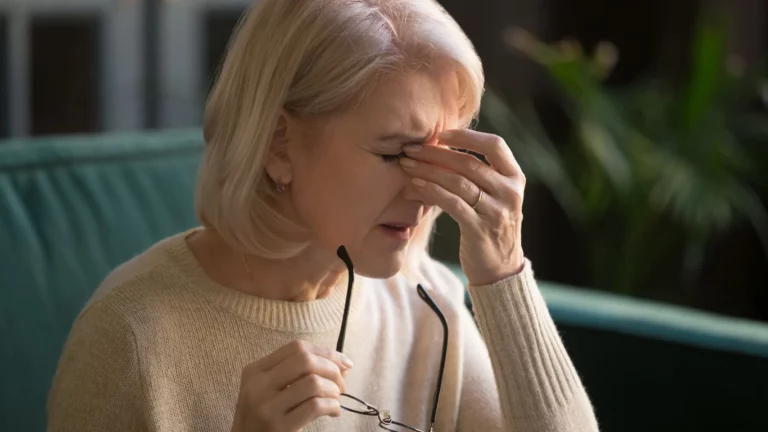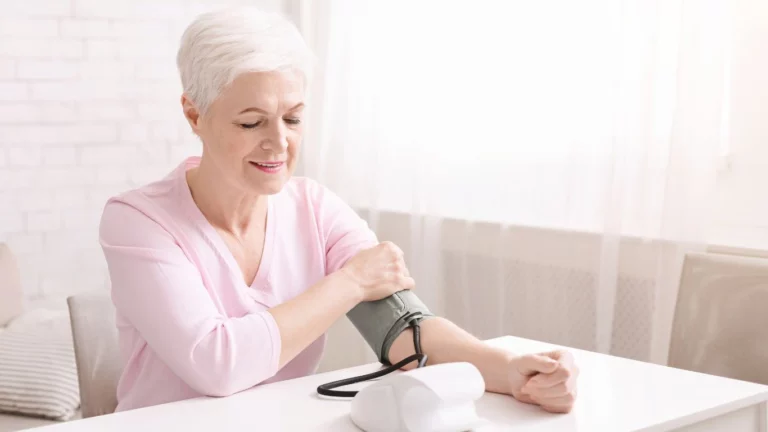The Effect of Rheumatoid Arthritis on Blood Pressure 🧑⚕️💡
If you’ve been diagnosed with rheumatoid arthritis (RA), you probably already know how it affects your joints. But did you know it could also mess with your blood pressure? Yeah, turns out RA isn’t just about joint pain and stiffness—it can have some serious knock-on effects on other parts of your body too. Let’s dive into how RA can mess with your blood pressure and what you can do about it.
What Is Rheumatoid Arthritis Anyway? 🤔
Okay, so let’s start with the basics. RA is an autoimmune disease where your immune system kind of goes haywire and starts attacking your own joints. This leads to inflammation, pain, and swelling—basically a lot of discomfort in your hands, knees, or wherever the disease decides to show up.

It’s different from osteoarthritis, which is basically wear and tear on your joints. RA is like your body’s immune system playing a little too rough, and it can cause damage to a bunch of other organs over time.
What’s Blood Pressure Got to Do with It? ❤️
You probably know that blood pressure is important—it’s that thing your doctor checks every time you go in for an appointment. But why are we talking about it in an article about RA? Well, it turns out that RA and blood pressure are more connected than you might think.
Blood pressure is basically the force of your blood against your artery walls as your heart pumps it around. If it’s too high, it can lead to serious health problems like heart disease or stroke. And yeah, RA can make your blood pressure go up. Here’s how…
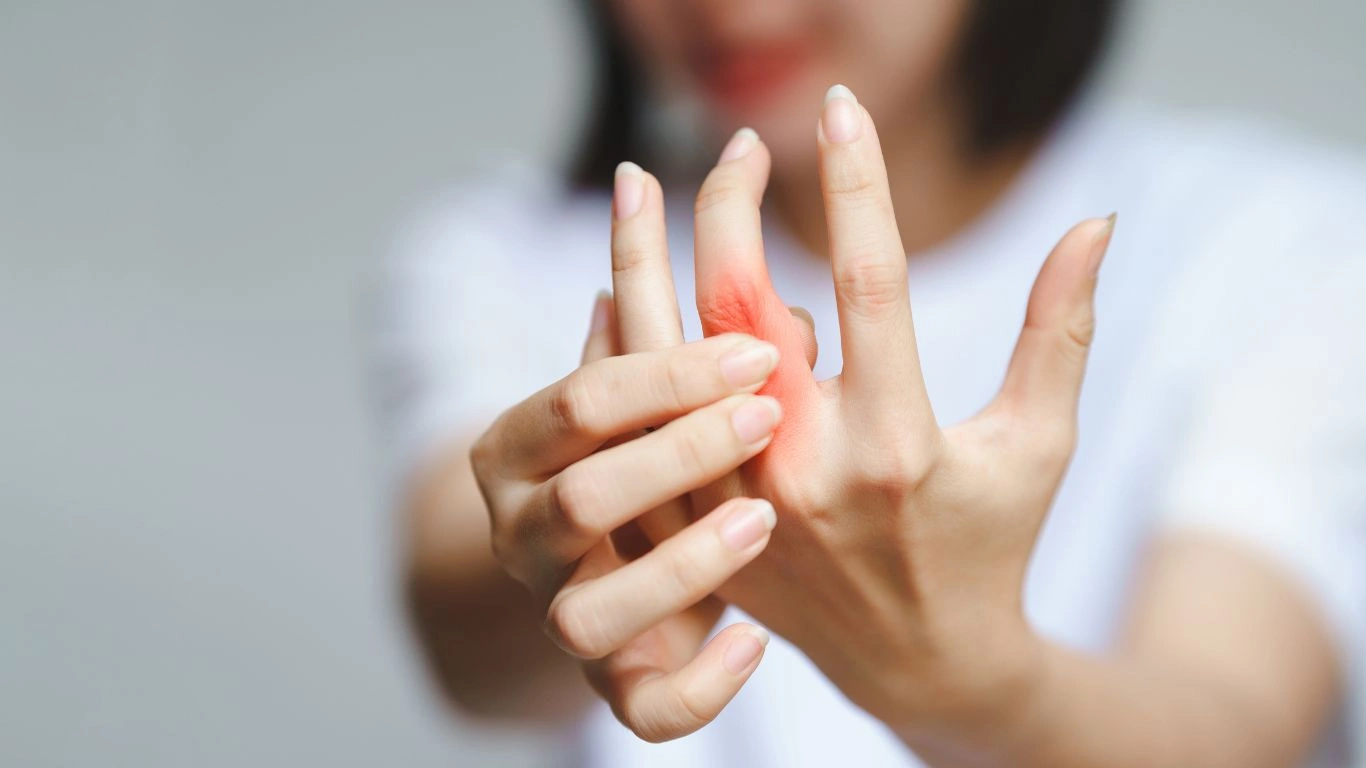
How Rheumatoid Arthritis Affects Blood Pressure 📉📈
Inflammation is a Sneaky Culprit
When your body is constantly inflamed (thanks to RA), it causes changes in your blood vessels. They can get stiffer, narrower, and just generally less efficient at doing their job. This can lead to higher blood pressure over time.
I’ve noticed myself that when my joints flare up, it’s not just the pain that’s tough—it’s the whole “feeling off” vibe. High blood pressure can be part of that. So, if you’re already dealing with RA, your blood pressure might start creeping up as well, and it’s definitely something to keep an eye on.
Medications Can Play a Part 💊
A lot of RA medications can also mess with your blood pressure. Things like NSAIDs (the stuff that helps with pain and inflammation) or corticosteroids (which are used to control inflammation) can cause your blood pressure to rise. I remember when I was on some steroids for my flare-ups, and my doctor warned me that it could make my blood pressure go up, which was honestly a bit freaky.
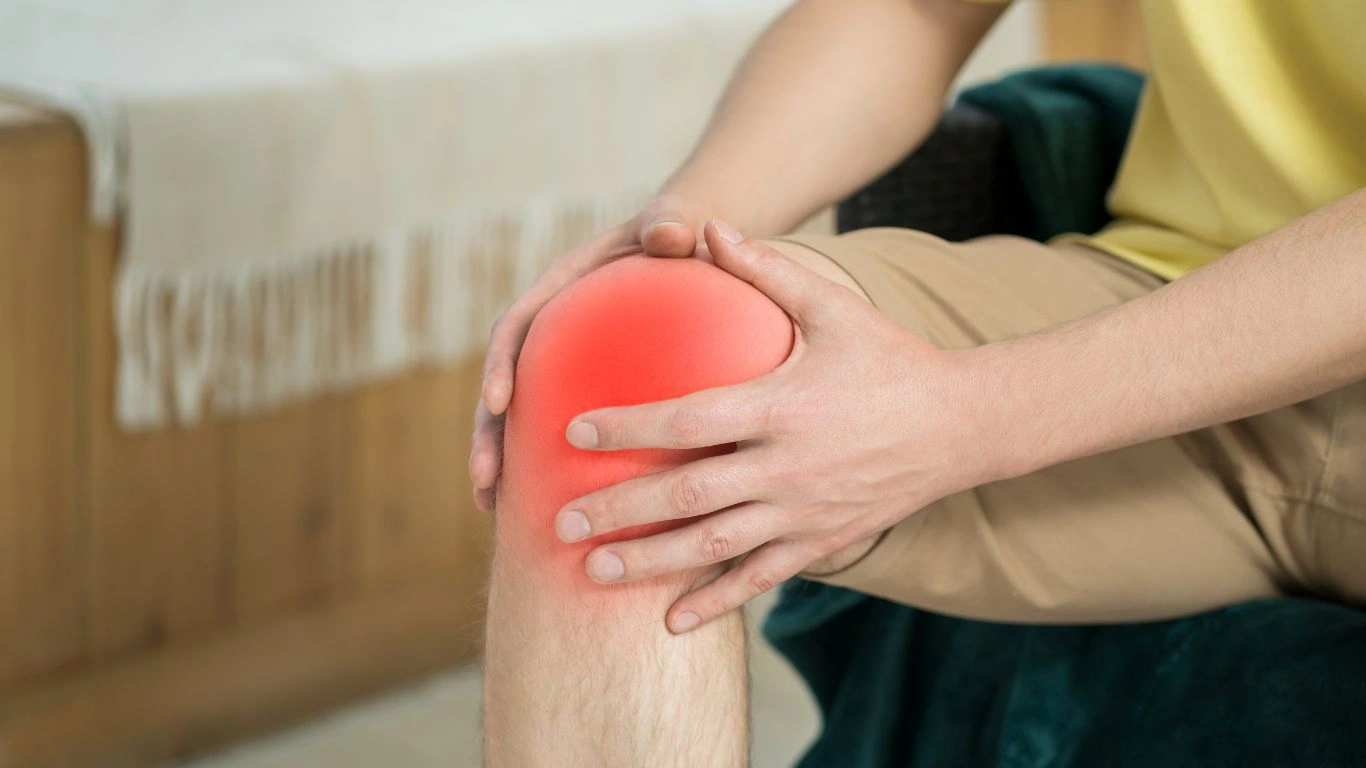
Troubleshooting Common Issues ⚠️
1. Meds Messing with Your Blood Pressure?
If you’re taking something for RA like NSAIDs or steroids, they might be playing a role in raising your blood pressure. The best thing you can do is talk to your doctor about alternatives or other ways to manage both your RA and your blood pressure. Sometimes, switching meds or adding something to help with blood pressure can make a huge difference.
2. Stiff Joints and Getting Active
Here’s the thing—RA can make you feel like doing anything active is impossible. But staying active is one of the best things you can do for both RA and high blood pressure. I know it sounds tough, but even small changes can help. Low-impact stuff like swimming, yoga, or even a short walk can keep your joints moving and help manage blood pressure. It’s all about finding what works for you.
Real-Life Stories: What’s Been Working for Others 🎉
Sarah’s Success Story
Sarah, a friend of mine who’s in her 40s, has been living with RA for years. A couple of years ago, her doctor noticed her blood pressure creeping up. It turned out that her meds were making it worse, plus the constant inflammation was taking a toll. After a chat with her doctor, she switched to a biologic medication for her RA, and also started paying more attention to what she was eating (low-sodium stuff). She also got into yoga to keep things moving without straining her joints. After a few months, her blood pressure went down, and she felt a lot better overall.
John’s Story of Struggles and Success
John, who’s in his 60s, was dealing with both RA and high blood pressure. It was a tough combo, and he’d notice his blood pressure would spike whenever his RA flared up. After switching to a more targeted RA treatment and adding some stress-management techniques, like meditation, John noticed his blood pressure dropping. It wasn’t easy, but with the right changes, he started feeling way better.
Key Takeaways / Summary 📚
Here’s what we know:
- RA can affect your blood pressure through chronic inflammation and meds.
- Meds like NSAIDs and steroids can raise blood pressure, so it’s important to stay on top of it.
- Staying active, eating healthy, and managing stress can help you control both RA and blood pressure.
- Always chat with your doctor about the best ways to manage both at the same time. It’s all about balance!
FAQs 🤷♂️
1. Can rheumatoid arthritis cause high blood pressure?
RA doesn’t directly cause high blood pressure, but the inflammation it causes can raise your blood pressure over time. Plus, medications used to treat RA can contribute to hypertension.
2. What are some easy ways to lower blood pressure with RA?
Cutting back on sodium, staying active (even if it’s just gentle exercises), and managing stress can help. It’s not always easy, but it’s worth it in the long run.
3. Do blood pressure meds affect RA treatment?
Some blood pressure medications might interfere with RA treatments, so it’s super important to talk to your doctor about any changes. They’ll be able to help you figure out what works best for both conditions.
References 📚
- Mayo Clinic: Rheumatoid Arthritis
- American Heart Association: Blood Pressure Management
- National Institute of Arthritis and Musculoskeletal and Skin Diseases
Disclaimer ⚠️
Just a heads-up: this post is meant to give general info, not medical advice. Always talk to your doctor before making changes to your treatment or lifestyle.
Call to Action 📞
If you’ve got RA and high blood pressure, don’t just let it slide. Talk to your doctor about ways to manage both and feel better. You deserve to live your life without worrying about constant flare-ups or blood pressure issues. Take control of your health and make those small changes today! You got this. 💪

Tarra Nugroho is a dedicated Nurse Practitioner with a strong foundation in family and preventive care. She brings both compassion and clinical expertise to her practice, focusing on patient-centered care and health education. As a contributor to Healthusias.com, Tarra translates medical knowledge into clear, empowering articles on topics like women’s health, chronic disease management, and lifestyle medicine. Her mission is simple: help people feel seen, heard, and informed—both in the clinic and through the content she creates. When she’s not caring for patients, Tarra enjoys weekend hikes, plant-based cooking, and curling up with a good health podcast.

